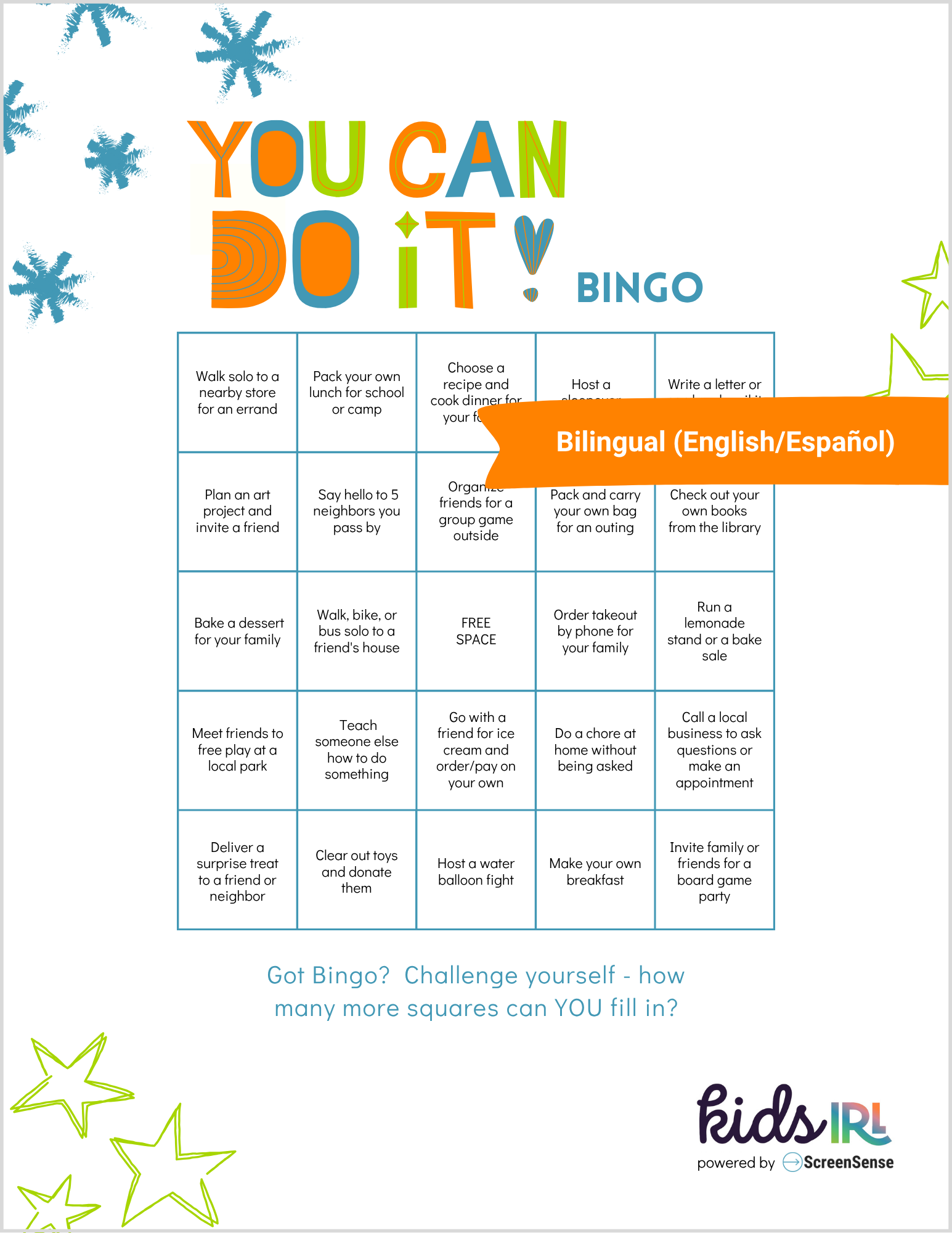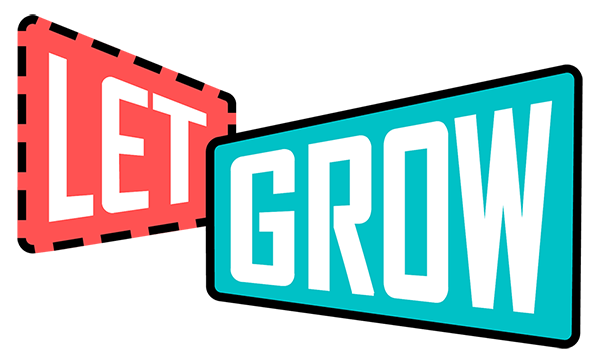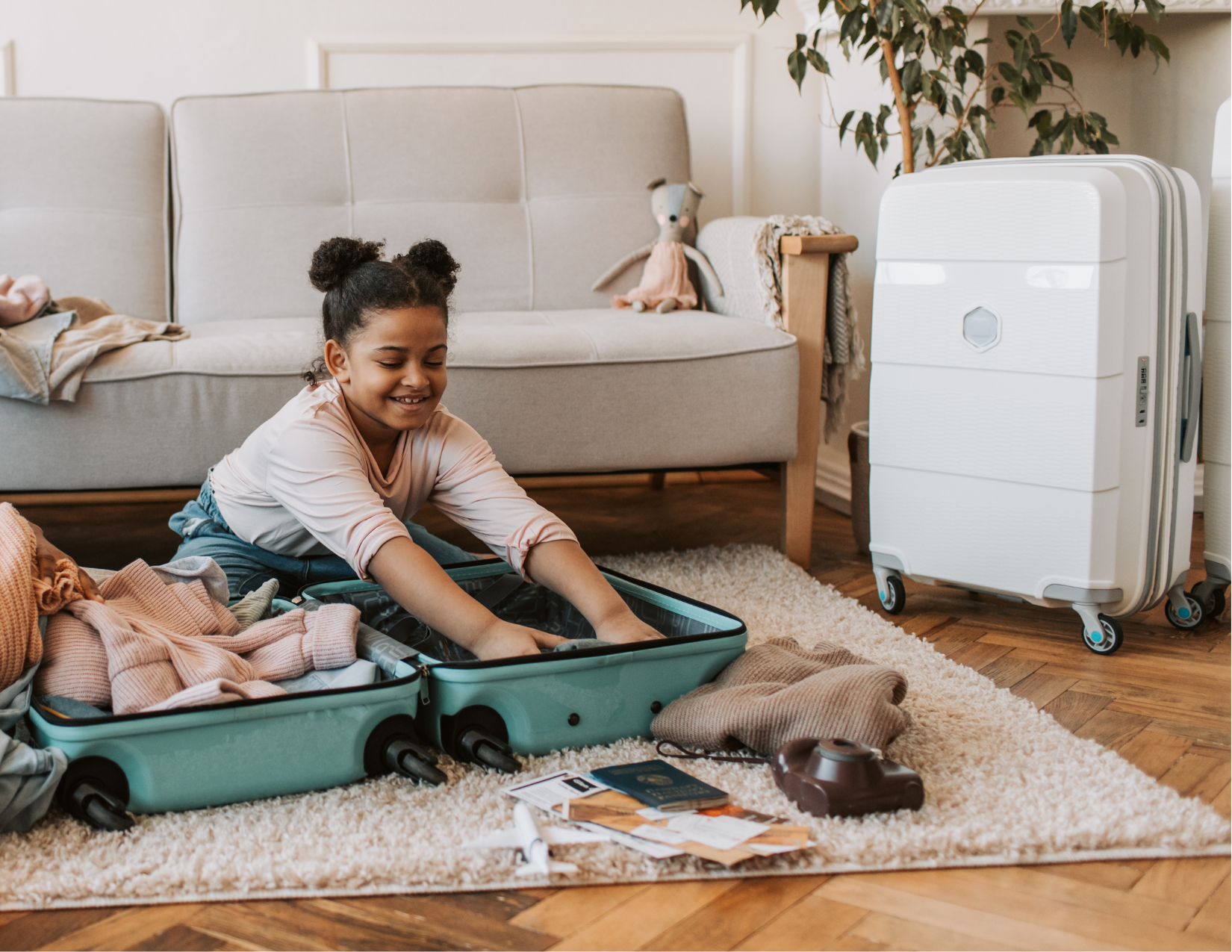Building kids’ “independence muscles”
Your One Step:
✓ Identify 1-2 opportunities for your child or teen to develop more independence. And then implement!
Is your child taking enough (healthy) risks? And doing enough tasks on their own? Young peoples’ declining opportunities for developing independence may be a driver behind the adolescent mental health crisis. According to an article in the Journal of Pediatrics, what has specifically declined is "children’s freedom to engage in activities that involve some degree of risk and personal responsibility away from adults.” The authors claim our view of children has changed from “competent, responsible, and resilient” (envision the 1970’s 8-year-old with a paper route) to “needing supervision and protection.”
Why is independence important?
When children and teens complete independent activities, (1) they immediately gain a sense of satisfaction and competency, and (2) over the long-term they develop mental "muscles" that provide an essential foundation for coping with the stresses of life.
We may be tempted to take over hard tasks, or swoop in (or hand over a device) to save our kids from distress - yet by doing this, we are robbing them of life skills and emotional development. Micro-doses of challenges and tough emotions are good for our children; they need them to practice and learn how to navigate conflicts, solve problems, and tolerate stressors. As parents, where can we find ways to step back to allow our children to learn, practice, and grow independence?
Start building independence early and often!
Practicing independence starts early. To help nudge younger kids towards independent activities and to help us adults get out of the way, we have created a playful Bingo card for elementary aged children. Print the Bingo card and have fun exploring what activities your child can do independently!
Assess your older teen’s independence progress!
Got middle or high schoolers? Check in and see where your teen's developing independence is in relation to the following list of goals created by Julie Lythcott-Haims, former dean of freshmen at Stanford, who sees an independence deficit in incoming college students. In her book, How to Raise an Adult (2015), she offers a list of what every 18 year old must be able to do without calling a parent for help:
Talk to strangers - faculty, deans, advisers, landlords, store clerks, classmates, coworkers, bank tellers, health care providers, HR managers, bus drivers, mechanics, etc.
Find their way around campus, a town or city, use public transport, etc.
Manage their assignments, workload, and meet deadlines - without our reminders or help.
Contribute to the running of a household. Plan and make meals, clean, pay bills, do laundry - learn to do their fair share for the good of the whole.
Handle interpersonal problems - to cope with and resolve conflicts without our intervention.
Cope with ups and downs - of their courses, work, deadlines, competition, tough teachers, impatient bosses, etc.
Earn and manage money - an appreciation of the cost of things and how to manage money, a sense of responsibility for completing job tasks, and accountability to a boss who doesn’t inherently love them.
Take risks - they need the wise understanding that success comes only after trying and failing and trying again, developing grit and resilience when things have gone wrong.
Use this list to start prompting independence in your tween or teen! Remember - these muscles get built over time - with practice and repetition!
Need some additional support?
Check out independence-building resources from our friends at Let Grow. Here you can request a free copy of their "Let Grow Experience" that provides more concrete ways to build a can-do attitude in your younger child AND a helpful "independence audit" for high schoolers. We love Let Grow and highly recommend their independence toolkits for families and schools!
“ The greatest gifts you can give your children are the roots of responsibility and the wings of independence. “
— Denis Waitley
Our blog posts are often inspired by our monthly OneStep newsletters. In our email newsletters we give one simple monthly step towards healthier tech use. To get our tips and updates from ScreenSense direct to your inbox - click here!
To return to Blog Home page to peruse other topics, click here.
Thank you
Harbor Point
Charitable Foundation
for the generous support of our work.






